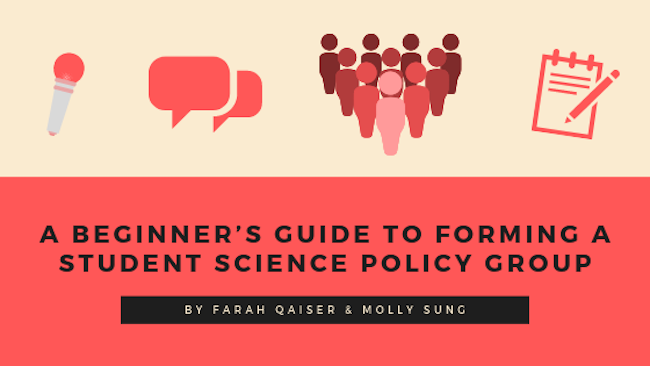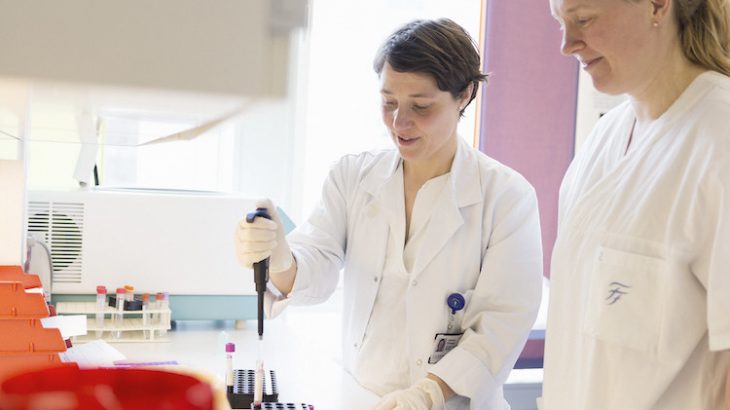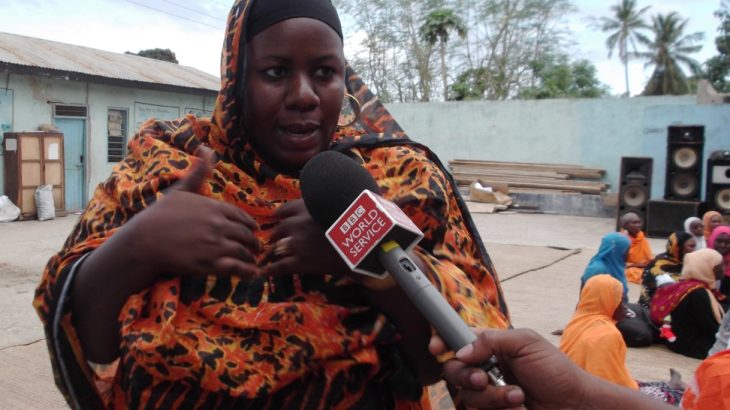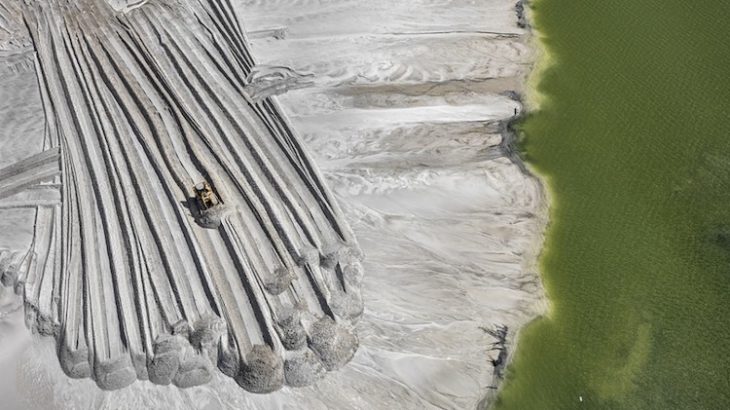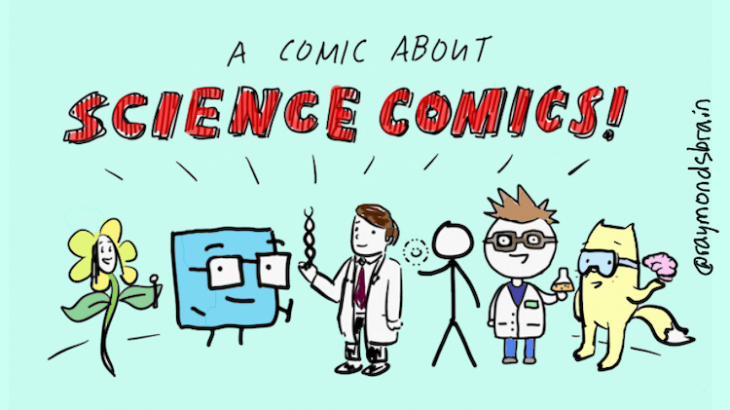
Raymond Nakamura and Katrina Vera Wong, Multimedia editors Raymond: Let’s talk about science comics today. Kat: We should do it in comics form, though. We interviewed: Armin Mortazavi / arminmortazavi.com/ @armin.scientoonist Dr. Christopher Labos / www.bodyofevidence.ca Jeremy / handwaving.ca Olivier Bernard / www.thepharmafist.com We think you might also enjoy: Rosemary Mosco / www.birdandmoon.com/ @rosemarymosco Jacques […]

